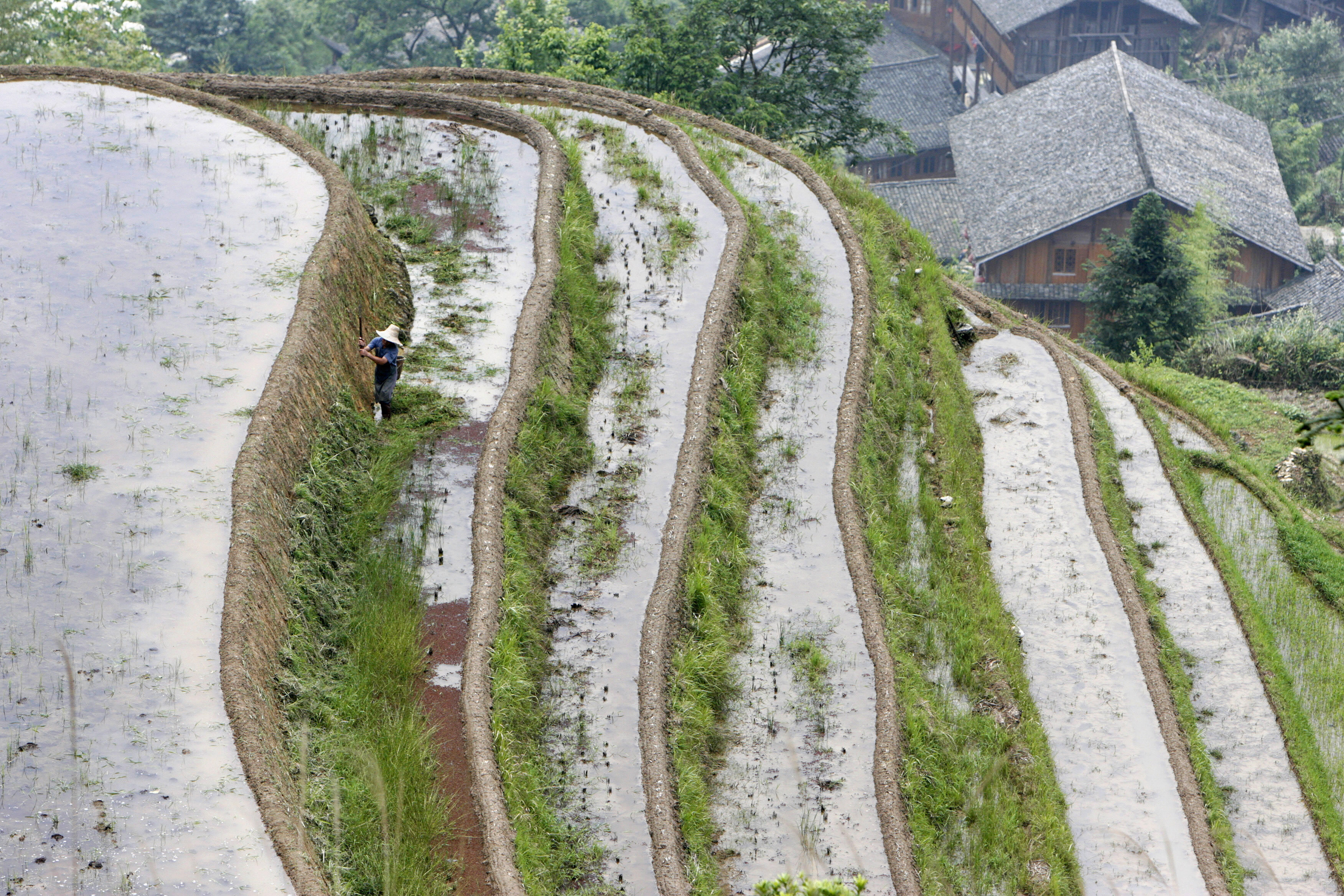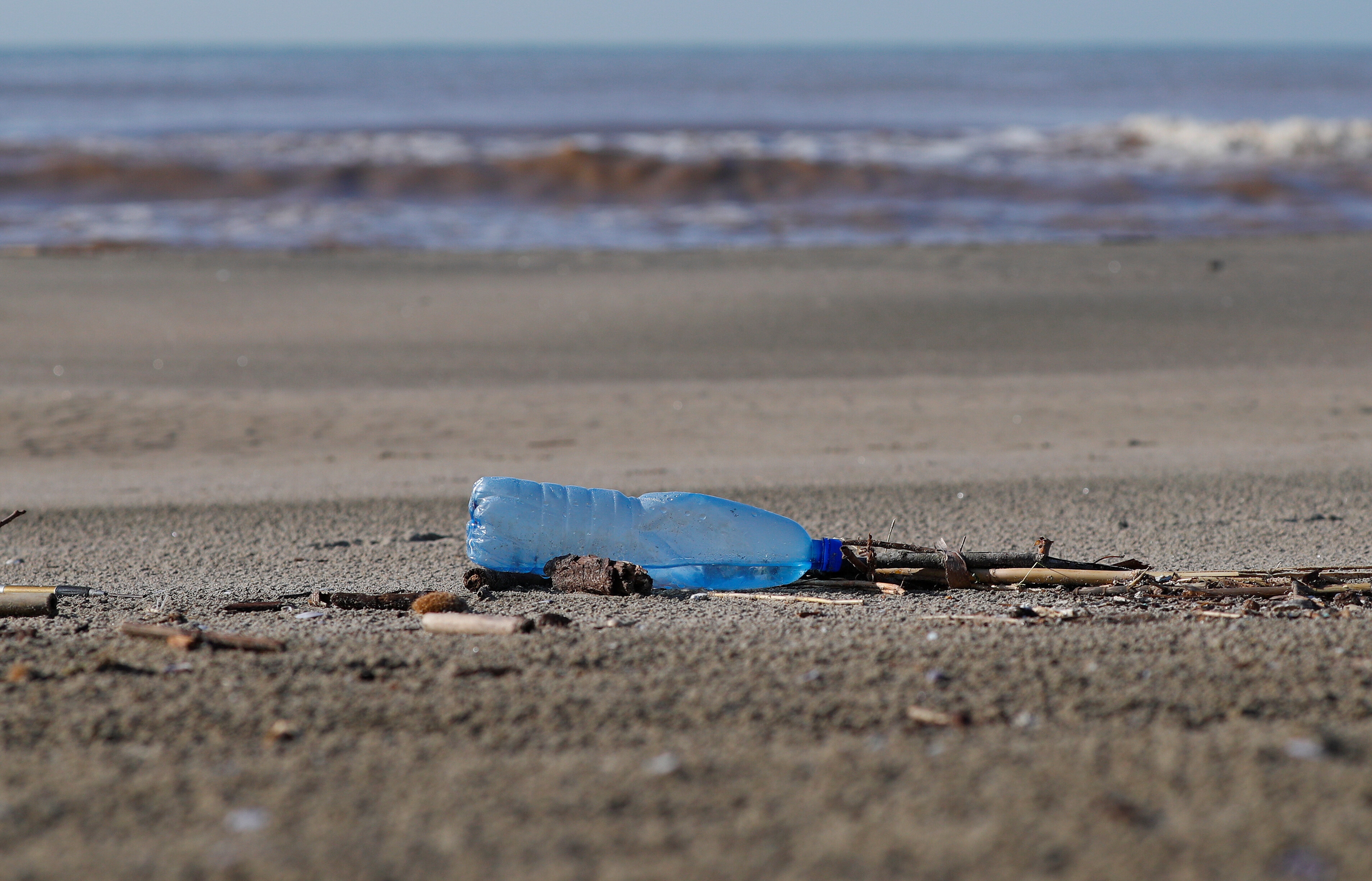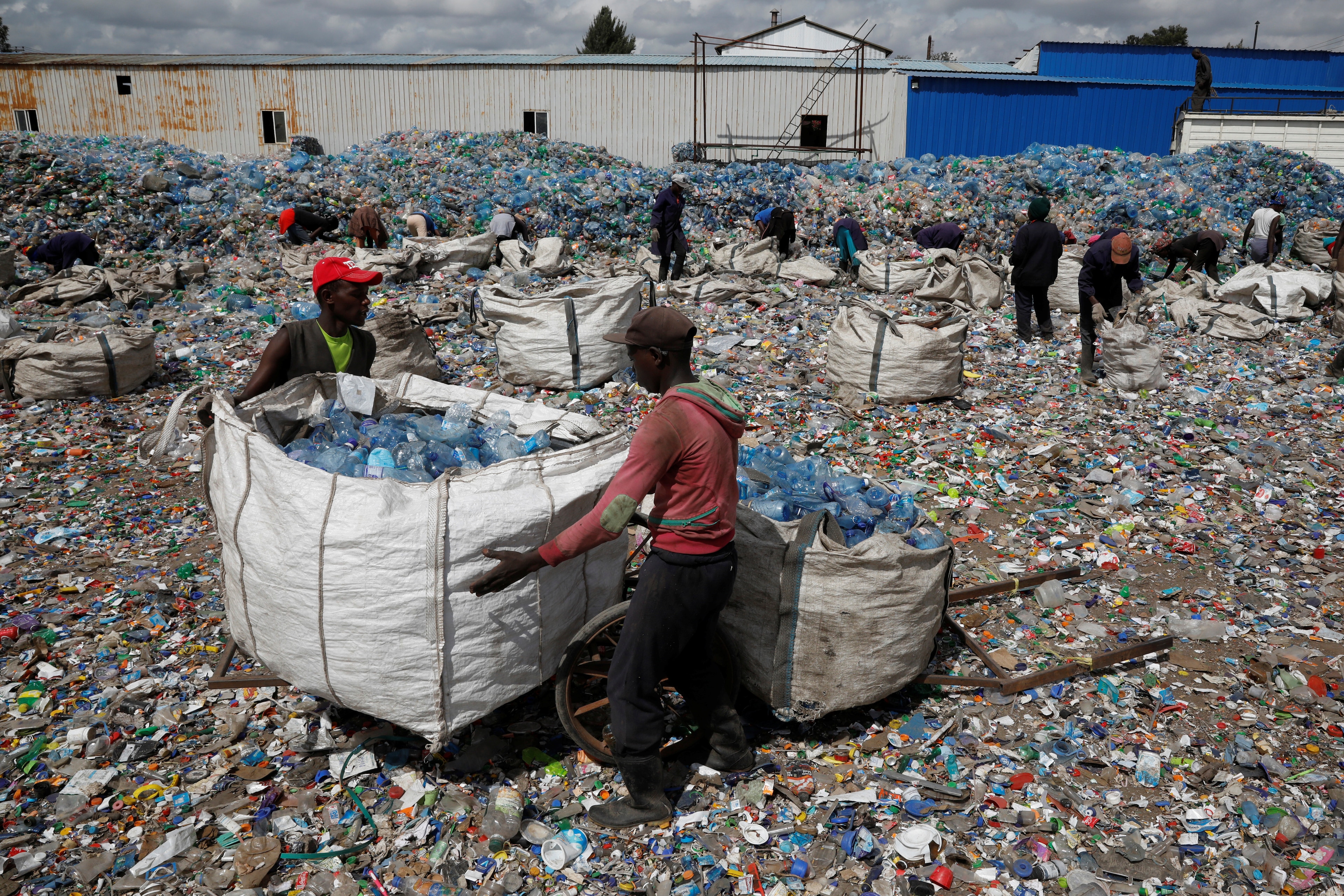Rate of sea-level rise doubles in a decade, and the other nature and climate news you need to read this week
Top nature and climate news: Rate of global sea level rise has doubled in the past decade; India's development at risk from extreme heat; and more.
Image: REUTERS/Natalie Thomas/File Photo
Listen to the article
- This weekly round-up brings you key nature and climate news from the past week.
- Top nature and climate news: Rate of global sea-level rise has doubled in the past decade; India's development at risk from extreme heat; EU to increase ambition of climate crisis policies.
1. Rate of global sea-level rise has doubled, says WMO
Global sea levels are rising at more than double the pace they did in the first decade of measurements in 1993-2002 and touched a new record high last year, according to the World Meteorological Organization (WMO). Overall, the last eight years were the warmest year on record, the WMO said, despite the cooling impact of a three-year La Niña climatic event.
The UN agency says in a new report that extreme glacier melt and record ocean heat levels – which cause water to expand – contributed to an average rise in sea levels of 4.62mm a year between 2013-2022. The rise is around double the pace of the first decade on record, 1993-2002, leading to a total increase of over 10cm since the early 1990s.
"This report shows that, once again, greenhouse gas concentrations in the atmosphere continue to reach record levels – contributing to warming of the land and ocean, melting of ice sheets and glaciers, rising sea levels, and warming and acidifying of oceans," WMO Secretary-General Petteri Taalas said.
Its annual State of the Global Climate report, released on 21 April, a day ahead of Earth Day, also showed that sea ice in Antarctica receded to record lows last June and July. And the ocean was the warmest on record, with around 58% of its surfaces experiencing a marine heatwave.
2. Extreme heat putting India's economic development at risk
Deadly heatwaves are putting "unprecedented burdens" on India's agriculture, economy and public health, with the climate crisis undermining the country's long-term efforts to reduce inequality, a new study has shown. Extreme heat has caused more than 24,000 deaths since 1992, driving up air pollution and accelerating glacial melt in northern India, said a team of scholars led by the University of Cambridge.
India is now "facing a collision of multiple, cumulative climate hazards, " with extreme weather happening almost every day from January to October last year, they said. As much as 90% of India's total area now lies in extreme heat danger zones, and it is not fully prepared, the lead researcher warned.
Extreme heat could ultimately lead to a 15% decline in "outdoor working capacity", reduce the quality of life of up to 480 million people and cost 2.8% of GDP by 2050, they added. Falling productivity caused by extreme high temperatures could already be costing India 5.4% of its GDP, according to a report published by environmental groups in 2022.
3. News in brief: Top nature and climate stories this week
The world could breach a new average temperature record in 2023 or 2024, fuelled by climate change and the anticipated return of the El Niño weather phenomenon, climate scientists say. Climate models suggest that after three years of the La Niña weather pattern in the Pacific Ocean, which generally lowers global temperatures slightly, the world will experience a return to El Niño, its warmer counterpart, later this year.
The G7 group of rich nations have agreed to speed up renewable energy development and move toward a quicker phase-out of fossil fuels. Meeting in Sapporo, Japan they set ambitious new collective targets for solar power and offshore wind capacity.
The European Parliament has approved sweeping reforms to make EU climate crisis policies more ambitious. They include an upgrade of the bloc's carbon market that is set to hike the cost of polluting on the continent.
Developed countries should speed up agreed climate change mitigation investments and technology development, Brazil and China have said in a joint statement. The declaration also included an agreement to monitor forests, and the promise to take collective action against illegal deforestation and international timber sales.
The United States has become the first major fishing nation to ratify a deal to cut subsidies contributing to overfishing, the World Trade Organization has confirmed. The trade watchdog's 164 members agreed last year to cut billions of dollars in harmful subsidies that are depleting the oceans of marine life.
The EU is spending billions of euros on new satellite observation technology aimed at providing data to protect the bloc's economy from record heat and droughts, reports Bloomberg. Changing weather patterns are decreasing areas of arable land, impacting water levels and increasing the risk of large wildfires.
Indigenous leaders say climate strategies of western countries risk the exploitation of their territories and people, reports The Guardian. Emerging threats from the energy transition, including the mining of minerals, were at the top of the agenda at a UN summit in New York.
A carbon-eating microbe found in a volcanic hot spring in Italy could help remove the greenhouse gas from the atmosphere, reports The Guardian. The cyanobacterium, which was discovered near the Italian island of Vulcano, absorbed CO2 "astonishingly quickly", scientists say.
The US government is offering $3.5 billion in grants for companies to build factories that will capture and permanently store carbon dioxide. Scientists estimate billions of tonnes of CO2 will need to be sucked out of the atmosphere annually to reach a goal of capping global warming at 1.5°C.
Bolivia has met a goal to protect 30% of its land years ahead of schedule, according to Conservation International. The country has historically had one of the world's highest rates of deforestation.
New research suggests that jungles of brown seaweed found around one-third of the world's coastlines could be providing hundreds of billions of dollars of value. Scientists at the University of New South Wales say Kelp forests provide valuable ecosystem services through fisheries, nutrient cycling and carbon removal.
A huge floating "garbage patch" of plastic debris in the Pacific Ocean has become home to sea creatures that usually only thrive on coasts, CNN reports. How the sea life found their way into the open ocean remains unclear, scientists say.
4. More on nature and the climate crisis on Agenda
El Niño weather events trigger intense and widespread periods of extreme ocean warming known as marine heatwaves. An expert explains how this can negatively impact marine ecosystems that support the world’s fishing industries, including coral reefs and seagrass meadows.
Action on climate change requires major economic investment and developing countries will now get support through the newly-launched Action on Climate and Trade initiative. Read more on the scheme, which aims to help participating countries, including least-developed countries, to use trade to meet their climate targets.
More than three-quarters of people want to make their holiday travel sustainable, according to a new report. But almost half say sustainable travel options are too expensive, especially given the rising cost of living.
Accept our marketing cookies to access this content.
These cookies are currently disabled in your browser.
Related topics:
More on Nature and BiodiversitySee all
Hu Xiangdong and Felipe Carazo
August 1, 2025
Andrea Willige
July 30, 2025
Tom Crowfoot
July 30, 2025
Oliver Kade and Sarah Hadley
July 28, 2025
Nasim Pour, Sebastien Cross and Joel Gould
July 28, 2025




